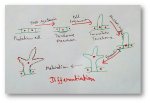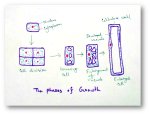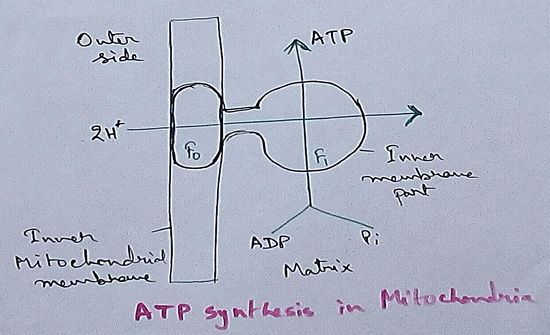Worksheet on Force, Work and Energy
Worksheet on force, work and energy contains various types of questions.
I. Fill in the blanks:
(i) A force is a __________ or a __________.
(ii) The force of __________ pulls everything down.
(iii) When a force moves an object, __________ is done.
(iv) Coal and petrol have energy stored in them. They are called __________.
(v) A moving football comes to a stop after some time because of the force of __________.
II. Write true or
false of the following statement:
(i) Things can move without any force acting on them.
(ii) Energy is required to do work.
(iii) If a moving object comes to a stop, it means some force is acting on it.
(iv) Energy in food indirectly comes from the Sun.
(v) Energy of wind can be used to generate electricity.
III. Complete the following sentence by inserting suitable words from the box:
force, movement, energy, source, work, does, petrol
(i) Energy is needed to perform __________.
(ii) Capacity of doing work is called __________.
(iii) The source of energy in a car is __________.
(iv) We apply __________ pushing and pulling.
(v) The Sun is the main __________ of energy.
(vi) A trolley driver __________ work.
(vii) Force is applied to change the direction of __________ of a body.
IV. Name the following:
(i) Energy you get by burning fuels
(ii) Energy that plants use to make food
(iii) Energy that we use to run a fan
(iv) Our main source of energy; it gives us heat and light energy
Answers for the worksheet on force, work and energy are given below.
Answers:
I. (i) pull, push
(ii) gravity
(iii) work
(iv) fuels
(v) friction
II. (i) false
(ii) true
(iii) true
(iv) true
(v) true
III. (i) work
(ii) energy
(iii) petrol
(iv) force
(v) source
(vi) does
(vii) movement
IV. (i) heat energy
(ii) light energy
(iii) electrical energy
(iv) Sun
From Worksheet on Force, Work and Energy to HOME PAGE
Recent Articles
-
Differentiation, Dedifferentiation and Redifferentiation | Definition
Apr 21, 25 01:16 PM
Cells from the root apical meristem and shoot apical meristem the camera that differentiate , mature to perform different functions. This process by which the cells undergo different major structural… -
Explain about Growth in Plants |Definition of Growth & Differentiation
Feb 27, 25 02:07 PM
Growth is a permanent increase in length or volume of an organism that brought upon by an increase in its dimensions due to synthesis of new protoplasmic material. -
Definition of Respiratory Quotient | calculation | Application | Plant
Dec 02, 24 12:09 AM
Definition of respiration quotient- the ratio of the carbon-dioxide evolved to that of the oxygen consumed by a cell, tissue, plants or animals in a given time is called respiratory quotient. It is us… -
Amphibolic Pathway | Definition | Examples | Pentose Phosphate Pathway
Jun 06, 24 10:40 AM
Definition of amphibolic pathway- Amphibolic pathway is a biochemical pathway where anabolism and catabolism are both combined together. Examples of amphibolic pathway- there are different biochemical… -
Respiratory Balance Sheet | TCA Cycle | ATP Consumption Process
Feb 18, 24 01:56 PM
The major component that produced during the photosynthesis is Glucose which is further metabolised by the different metabolic pathways like glycolysis, Krebs cycle, TCA cycle and produces energy whic…




New! Comments
Have your say about what you just read! Leave me a comment in the box below.